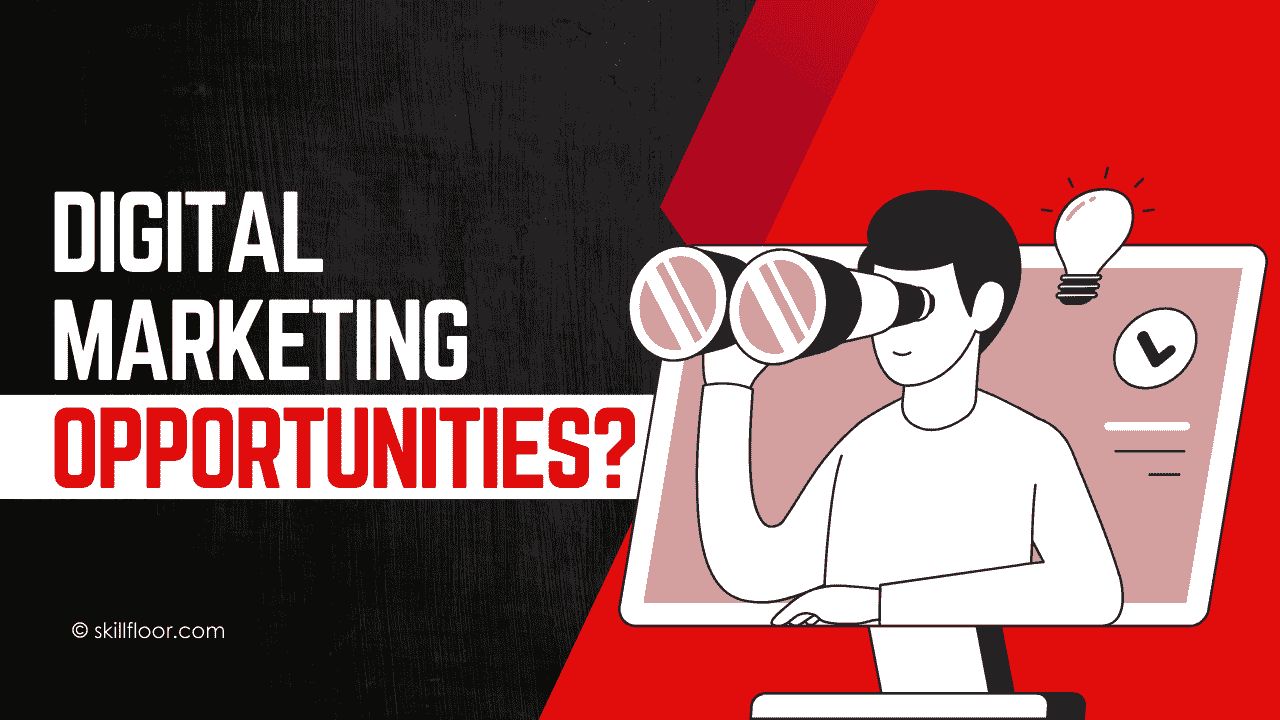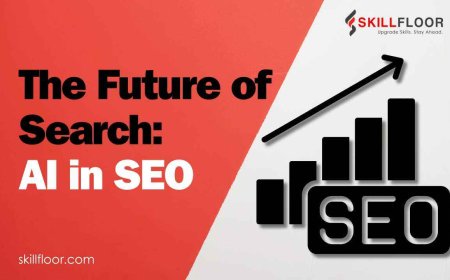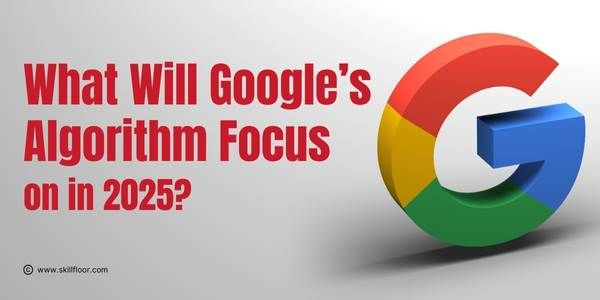What Are the Digital Marketing Opportunities?
key digital marketing opportunities and strategies to boost your business. Learn about social media, SEO, content marketing, and more.

Digital marketing is a popular and powerful field with lots of opportunities. As someone who works in this area, I've experienced firsthand how it can open doors for careers, learning new skills, and using different strategies to help businesses succeed. Whether it’s creating interesting content, managing social media, or understanding data and search engine optimization (SEO), digital marketing offers many ways to grow and make an impact. It's a field that’s always changing and full of possibilities for those ready to enter and explore.
The Rise of Digital Marketing
A many years ago, marketing was primarily about TV commercials, print ads, and billboards. These traditional methods were effective but often expensive and hard to measure. With the rise of the internet, the marketing world transformed dramatically. Today, digital marketing has become a vital part of any successful business strategy. It’s not just a trend but a fundamental shift in how businesses connect with their customers.
This shift has made digital marketing accessible to companies of all sizes, from small startups to large corporations. It provides new ways to reach and engage with audiences, track performance, and drive growth. However, the rapid evolution of digital technology also means that the field is constantly changing. This can make it challenging for businesses to keep up and for individuals to navigate the landscape effectively.
Managing the Complicated Digital Environment
While the opportunities in digital marketing are vast, they come with their own set of challenges. The digital world is enormous and ever-changing, which can be overcome. New platforms, tools, and strategies emerge regularly, and what worked yesterday may not work today. Businesses need to stay updated with the latest trends and technologies to remain competitive.
For instance, the rise of new social media platforms raises the question of where to focus marketing efforts. Should a company invest in TikTok, Instagram, LinkedIn, or a mix of platforms? Additionally, with growing concerns about data privacy and regulations like GDPR (General Data Protection Regulation), businesses must cross these complexities carefully to ensure compliance and maintain customer trust.
The key to overcoming these challenges is to understand the opportunities available and to develop a strategic approach tailored to specific business goals and target audiences. This involves not just exploring various digital marketing channels but also continuously adapting to new developments and consumer behaviors.
What Are the Key Digital Marketing Opportunities?
To make sense of the vast array of options, let's break down some of the most significant digital marketing opportunities available today and explore how businesses can leverage them effectively.
Key Digital Marketing Opportunities
1. Social Media Marketing
Social media is a powerful tool for businesses to connect with their audience. Platforms like Facebook, Instagram, LinkedIn, Twitter, and TikTok offer unique ways to engage with potential customers. From running targeted ad campaigns to creating viral content, social media provides numerous opportunities for businesses to build their brand and drive engagement.
One of the biggest advantages of social media is its ability to facilitate direct communication with customers. This two-way interaction helps build relationships, foster community, and gather valuable feedback. The challenge, however, is choosing the right platforms and strategies. Each platform caters to different demographics and user behaviors, so businesses need to focus their efforts where their target audience is most active.

2. Search Engine Optimization (SEO)
SEO is crucial for improving a website’s visibility in search engine results. By optimizing content and website structure, businesses can increase their chances of appearing higher in search results, which leads to more organic traffic. Effective SEO involves keyword research, on-page optimization, and technical improvements.
The opportunity with SEO is significant because it can drive high-quality traffic to a website over the long term. However, SEO requires ongoing effort and patience, as search engine algorithms are continually updated. Staying informed about best practices and adapting to changes is essential for maintaining and improving search rankings.
3. Content Marketing
Content marketing focuses on creating valuable and relevant content to attract and engage an audience. This can include blog posts, videos, infographics, and more. The goal is to provide useful information that addresses the needs and interests of potential customers.
The opportunity here is in building trust and establishing authority. By consistently delivering high-quality content, businesses can position themselves as leaders in their industry and foster long-term relationships with their audience. The challenge lies in producing content that is both engaging and aligned with the brand’s goals. Effective content marketing also requires proper distribution through channels like social media, email, and SEO.
4. Email Marketing
Despite the growth of other digital marketing channels, email marketing remains a highly effective strategy. It allows businesses to communicate directly with their audience through personalized messages, newsletters, and promotional offers.
The advantage of email marketing is its ability to build and nurture relationships. By delivering targeted content and offers to subscribers, businesses can drive conversions and retain customers. However, the challenge is standing out in a crowded inbox. Crafting compelling subject lines, providing valuable content, and segmenting your audience are crucial for success in email marketing.
5. Pay-Per-Click (PPC) Advertising
PPC advertising, through platforms like Google Ads and social media networks, offers a way to drive traffic to a website by paying for each click on an ad. This method allows businesses to target specific keywords, demographics, and interests.
The key benefit of PPC is its immediacy. Unlike SEO, which takes time to build results, PPC can generate traffic almost instantly. It’s also highly measurable, allowing businesses to track performance and optimize campaigns for better results. However, managing PPC campaigns requires careful planning and budgeting to ensure a positive return on investment (ROI). It’s essential to understand how to set up, monitor, and refine PPC strategies effectively.
6. Influencer Marketing
Influencer marketing involves partnering with individuals who have a large and engaged following on social media or other platforms. These influencers promote products or services to their audience, leveraging their credibility and reach.
The opportunity with influencer marketing is in accessing new audiences and building trust through authentic endorsements. Influencers can help businesses reach potential customers who may not be accessible through traditional advertising methods. The challenge is finding the right influencers who align with the brand’s values and target audience. It’s also important to manage relationships and ensure that influencer campaigns are transparent and effective.
7. Video Marketing
Video marketing is increasingly popular, thanks to platforms like YouTube, Instagram, and TikTok. Videos can convey information in an engaging and active way, making them a powerful tool for capturing attention and getting engagement.
The opportunity with video marketing is in its ability to tell stories and showcase products or services visually. Whether through product demonstrations, customer testimonials, or educational content, video can enhance a brand’s message and connect with viewers on a deeper level. However, creating high-quality video content requires creativity, resources, and technical skills. The challenge is producing videos that are both compelling and aligned with marketing objectives.

8. Affiliate Marketing
Affiliate marketing is a performance-based strategy where businesses partner with affiliates who promote their products or services. Affiliates earn a commission for each sale or lead they generate.
The advantage of affiliate marketing is its scalability. By working with multiple affiliates, businesses can reach a broader audience without upfront costs. It’s a win-win situation where both the business and the affiliate benefit from successful sales or leads. However, managing an affiliate program involves finding suitable affiliates, tracking their performance, and ensuring that brand representation is consistent. Clear communication and guidelines are essential for a successful affiliate marketing program.
9. Data Analytics and Personalization
Data analytics involves using data to gain insights into customer behavior and preferences. This information helps businesses make informed decisions and create personalized marketing campaigns.
The opportunity here is in delivering targeted and relevant content to customers based on their preferences and behavior. Personalized marketing can significantly improve engagement and conversion rates. However, handling data comes with challenges, including ensuring privacy and compliance with regulations like GDPR. It’s important to use data responsibly and transparently to maintain customer trust.
10. Mobile Marketing
With most people using smartphones to access the internet, mobile marketing has become crucial. This includes strategies like mobile-friendly websites, SMS marketing, and mobile app promotions.
The opportunity with mobile marketing is in reaching customers where they are most active. Mobile devices offer a direct and immediate way to engage with users, whether through push notifications, mobile ads, or optimized content. The challenge is ensuring that mobile marketing efforts provide a seamless and user-friendly experience. Businesses need to prioritize mobile optimization to meet user expectations and enhance their marketing impact.

Digital marketing offers a wide range of opportunities, but it’s important to approach it with a strategic mindset. The key to success is understanding the various options available and developing a plan that aligns with your business goals and target audience.
The digital marketing environment is constantly changing, and staying ahead requires continuous learning and adaptation. By focusing on effective strategies and being responsive to changes in technology and consumer behavior, businesses can make the most of the opportunities in this changing domain.
In my experience, the most successful digital marketing efforts are those that are flexible, data-driven, and customer-focused. By embracing these principles, businesses can unlock the full potential of digital marketing and achieve lasting success in today’s digital world.





























































